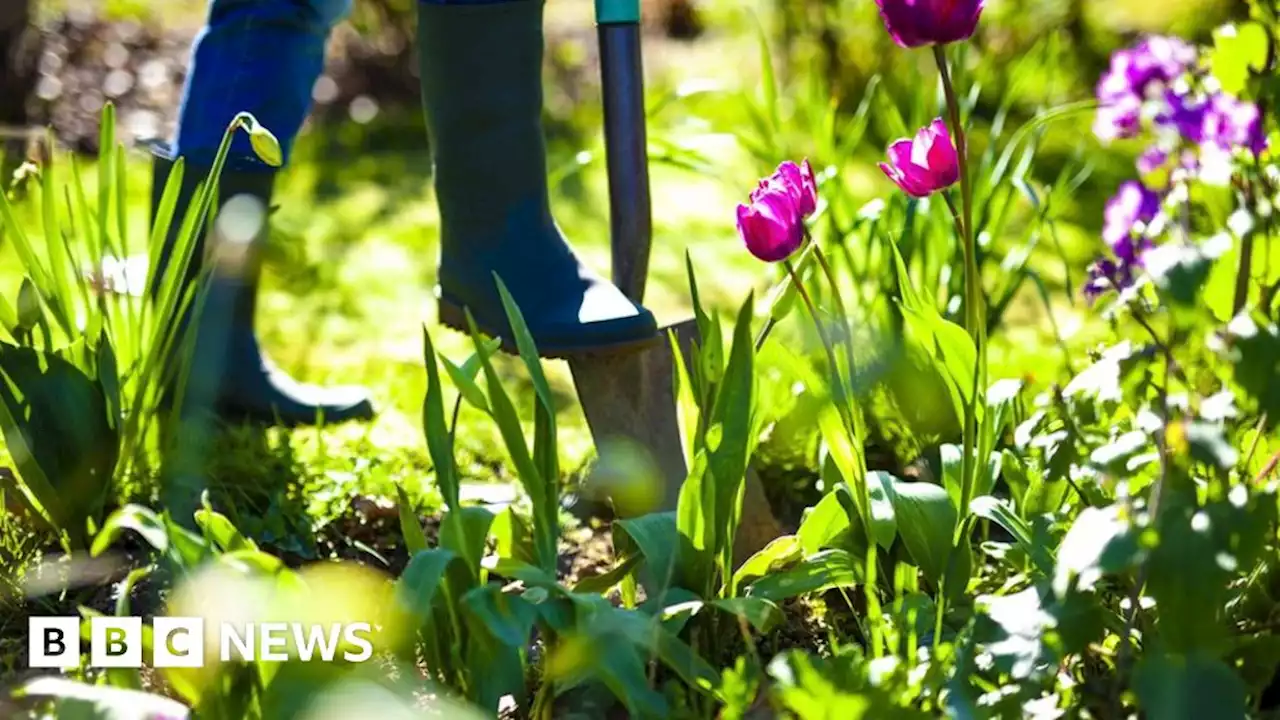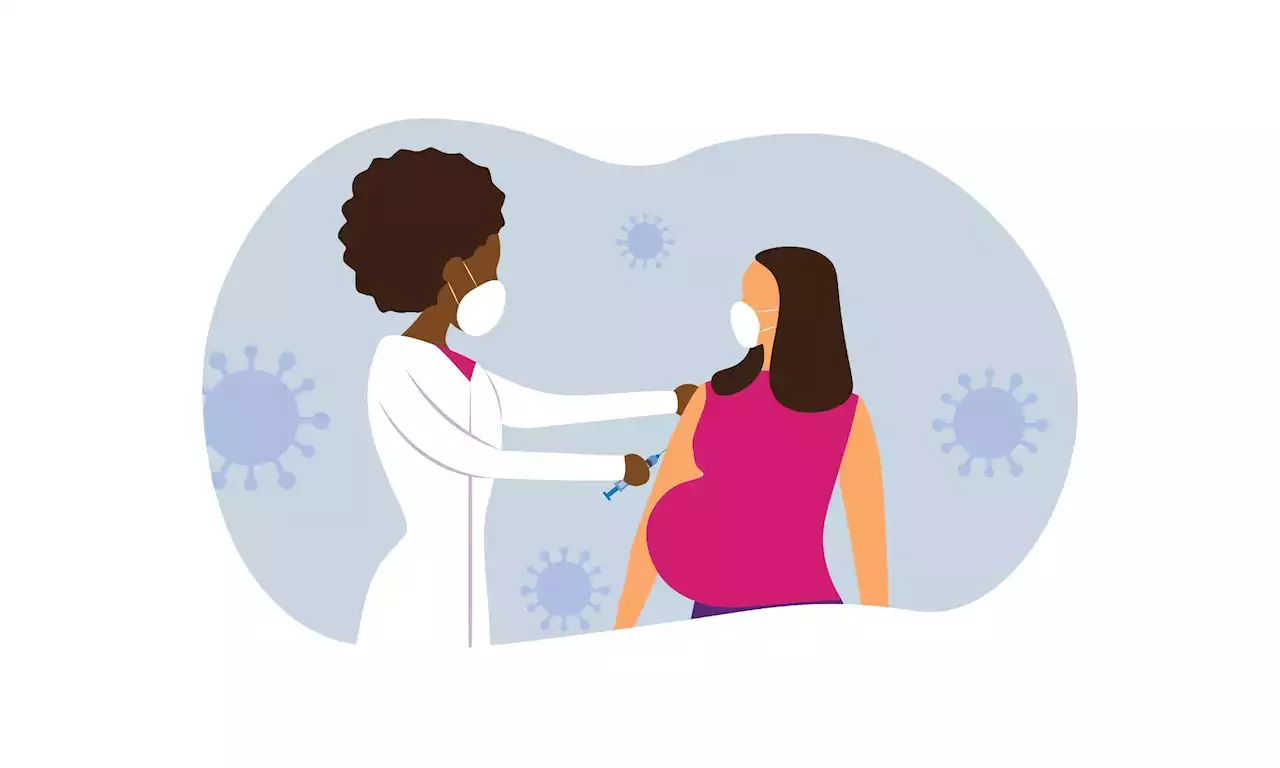An overview of mothers’ lived pregnancy experiences during the COVID-19 pandemic MidwiferyJnl uw_medicine pregnancy covid COVID19 SARSCoV2 womenshealth childrenshealth pandemic mentalhealth antenatal postpartum depression publichealth
By Dr. Liji Thomas, MDApr 24 2023Reviewed by Lily Ramsey, LLM In a recent study published in the Midwifery Journal, researchers aimed to understand mothers' experiences of pregnancy during the COVID-19 pandemic.
Introduction Pregnancy may heighten the risk of depression or anxiety, especially after childbirth. Each of which occurs in a third of first-time mothers. Studies have highlighted both conditions' prevalence has increased since the pandemic's onset. Such emotional risk factors could underlie the observed increase in the rates of depression, stress, and anxiety seen worldwide in pregnancy, as well as the rates of preterm labor, childbirth-related trauma, and reduced bonding between the mother and infant.
The risk of exposure of other family members to COVID-19, with the resulting risk that the expectant mother could contract the disease, also led to significant anxiety about becoming sick, having to be put on a ventilator, and of dying. Obviously, many felt that without COVID-19 being present, their pregnancy experience would have been much better.
The most challenging part for most mothers was the restrictions on visitors, both during antenatal and postnatal appointments. Attending important appointments without support, especially for a first-time mother or one with a history of pregnancy loss, led to high levels of stress and frustration with the hospital for adhering to extreme social distancing policies.
However, work-from-home policies also benefited some working mothers, who could continue at their jobs until just before labor began. Family time improved, and mothers could be more comfortable during pregnancy in terms of not having to be on their feet, face non-family members, or dress formally.
United Kingdom Latest News, United Kingdom Headlines
Similar News:You can also read news stories similar to this one that we have collected from other news sources.
 Study identifies an unknown SARS-CoV-2 lineage on three mink farms in PolandStudy identifies an unknown SARS-CoV-2 lineage on three mink farms in Poland PIWet_PIB Eurosurveillanc mink minkfarms mink zoonosis transmission cryptic lineage publichealth
Study identifies an unknown SARS-CoV-2 lineage on three mink farms in PolandStudy identifies an unknown SARS-CoV-2 lineage on three mink farms in Poland PIWet_PIB Eurosurveillanc mink minkfarms mink zoonosis transmission cryptic lineage publichealth
Read more »
 What are the frequency and risk of adverse events developing in patients with epilepsy who are using CBD?What are the frequency and risk of adverse events developing in patients with epilepsy who are using CBD? JAMANetworkOpen cbd cannabidiol epilepsy adverse effects risk research news health CBD
What are the frequency and risk of adverse events developing in patients with epilepsy who are using CBD?What are the frequency and risk of adverse events developing in patients with epilepsy who are using CBD? JAMANetworkOpen cbd cannabidiol epilepsy adverse effects risk research news health CBD
Read more »
 The mediating role of emotional eating in the relationship between dietary restraint and BMIThe mediating role of emotional eating in the relationship between dietary restraint and BMI Nutrients_MDPI emotional eating emotionaleating diet nutrients BMI bmi bodymassindex
The mediating role of emotional eating in the relationship between dietary restraint and BMIThe mediating role of emotional eating in the relationship between dietary restraint and BMI Nutrients_MDPI emotional eating emotionaleating diet nutrients BMI bmi bodymassindex
Read more »
 Motor cortex study: effector regions alternate with somato-cognitive action networkMotor cortex study: effector regions alternate with somato-cognitive action network Nature WUSTLmed UCSanDiego motor cortex motorcortex neuroscience effectorregions brain science research
Motor cortex study: effector regions alternate with somato-cognitive action networkMotor cortex study: effector regions alternate with somato-cognitive action network Nature WUSTLmed UCSanDiego motor cortex motorcortex neuroscience effectorregions brain science research
Read more »
 Sheffield scientists call for ban on artificial grassResearchers say people who garden sustainably should also pay less council tax.
Sheffield scientists call for ban on artificial grassResearchers say people who garden sustainably should also pay less council tax.
Read more »
 Visual narratives emphasizing communal benefits boost COVID-19 vaccination ratesIn a recent study published in the journal PNAS Nexus, researchers performed a three-wave online panel survey across 50 states in the United States of America (USA) and Washington D.C. in 2021 to test the influence of visual narrative-based policy communication messages on people's attitudes and behavior towards coronavirus disease 2019 (COVID-19) and benefits of COVID-19 vaccination.
Visual narratives emphasizing communal benefits boost COVID-19 vaccination ratesIn a recent study published in the journal PNAS Nexus, researchers performed a three-wave online panel survey across 50 states in the United States of America (USA) and Washington D.C. in 2021 to test the influence of visual narrative-based policy communication messages on people's attitudes and behavior towards coronavirus disease 2019 (COVID-19) and benefits of COVID-19 vaccination.
Read more »
